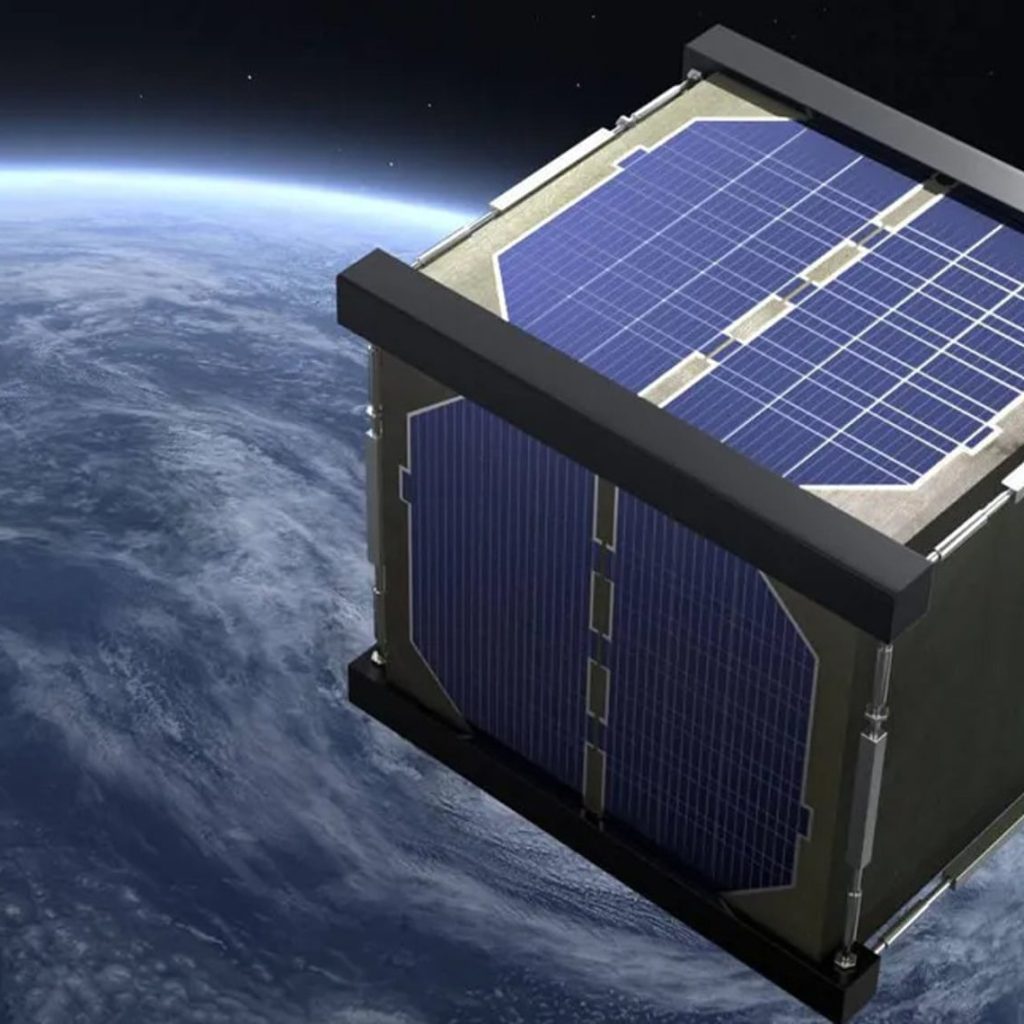Japanese scientists have unveiled an innovative solution to address environmental concerns surrounding space debris with the creation of LignoSat, a spacecraft crafted primarily from timber. Developed by researchers at Kyoto University in collaboration with Sumitomo Forestry, the satellite aims to explore the viability of using biodegradable materials in space technology.
“We were astounded by wood's ability to withstand the rigors of space,” remarked Koji Murata, project lead at Kyoto University. “Our experiments in simulated space conditions and on the International Space Station showed little signs of damage or decomposition.”
The idea stems from the growing alarm over the environmental impact of traditional satellite materials. Takao Doi, an aerospace engineer at Kyoto University, highlighted the issue, stating, “Satellites burning up upon re-entry create alumina particles that linger in the upper atmosphere, posing long-term environmental risks.”
To combat this, the team evaluated various wood types for their resilience in space environments. Magnolia wood emerged as the most promising candidate, demonstrating exceptional stability and resistance to cracking. “Wood's natural properties make it a compelling alternative to metals,” Murata explained.
The wooden satellite, roughly the size of a coffee mug, will undergo extensive testing in orbit to assess its performance and durability. “One of the missions of the satellite is to measure the deformation of the wooden structure in space,” Murata elaborated. “Understanding how wood behaves in microgravity is crucial for future applications.”
While the launch vehicle is yet to be finalized, options include a mission to the International Space Station aboard an Orbital Sciences Cygnus supply ship or a SpaceX Dragon mission. If successful, LignoSat could pave the way for a more sustainable approach to satellite construction.
“With over 2,000 satellites launched annually, the environmental impact of traditional materials is a growing concern,” Murata noted. “Wooden satellites offer a promising solution, as they produce only biodegradable ash upon re-entry, mitigating risks to the Earth's atmosphere.”
The potential environmental benefits are significant, as recent research suggests that aluminum particles from re-entering satellites could contribute to ozone layer depletion. By contrast, wooden satellites like LignoSat offer a greener alternative for space exploration.
